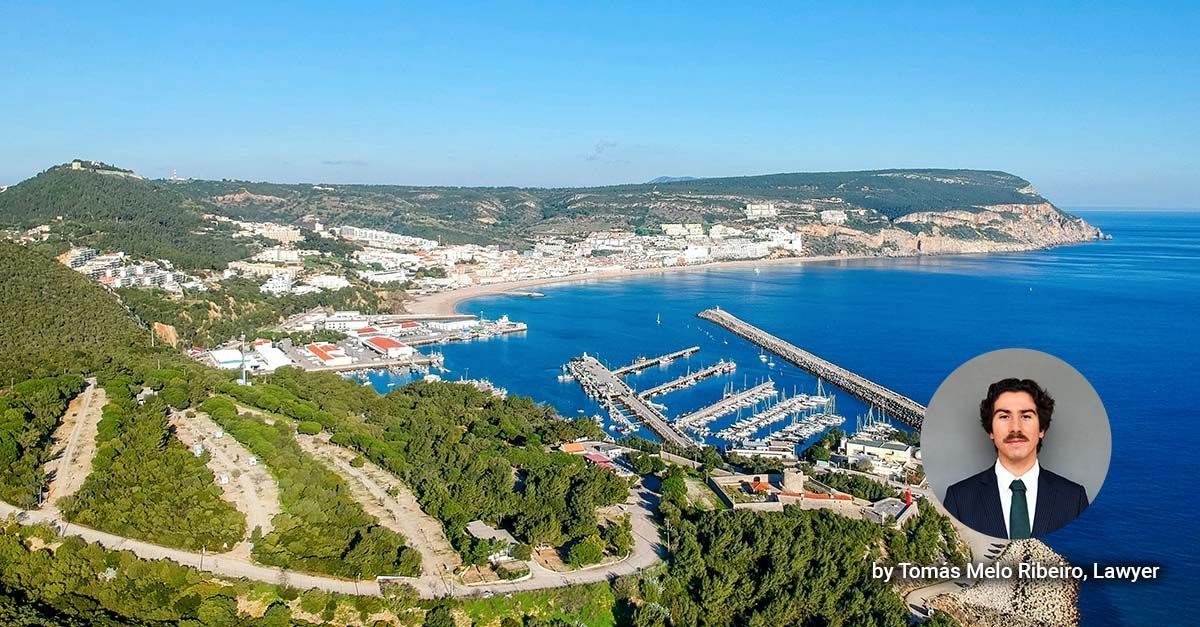Driving in Portugal: Can you Drive a Foreign Car?

Cleuzina Cruz | Paralegal
Living abroad presents an exciting opportunity for personal growth and exploration. It's a journey filled with the potential for fulfilment and new experiences, appealing to those eager to broaden their horizons. However, during the excitement of relocating, many individuals find themselves grappling with the decision of what to do with their vehicles. Often, a strong attachment to our cars leads us to consider bringing them along to our new home in a foreign land.
For those considering a move to Portugal and contemplating bringing their vehicles, understanding the rules and regulations is paramount. Initially, drivers can operate their vehicles with the registration number from their country of origin for up to 183 days. However, beyond this period, embarking on the car legalization process becomes necessary. This involves establishing Portuguese residency and providing evidence of at least six months' residence in the country where the car was originally registered, alongside proof of residency cancellation in that same country.
The car owner must possess specific documents originating from their country of origin, including the certificate of conformity (COC). This document, issued by the car manufacturer, details the technical specifications of the vehicle, ensuring compliance with all necessary standards and EU legislation.
After 183 days, corresponding to the time the car can move around with the registration number from the country of origin, a vehicle customs declaration, known as the Declaração Aduaneira do Veículo (DAV) in Portuguese, is required. The responsible entity for this is the Portuguese Tributary and Customs Authority. You can request this online through the Portuguese Tributary and Customs Authority website.
During the process of legalizing the car, it undergoes an extensive inspection to ensure it aligns with the original documentation and is free of any issues. This inspection, although not periodic, is highly detailed. Upon passing, the car receives a Model 112 inspection certificate.
For cars still displaying foreign plates, whether temporary or permanent and able to operate on public roads, proof of the motor number is essential. If the car lacks plates altogether, a towing vehicle is necessary, as it cannot legally traverse public roads without them.
After receiving the definitive plate number, the car owner can then proceed with obtaining Portuguese car insurance. This step is crucial to ensure the car meets the legal requirement for roadworthiness in Portugal, as car insurance is mandatory by law.
It is crucial to keep in mind that the ownership of the motor car must be fully transferred to the buyer before initiating the registration process. Non-payment of the complete amount due for the vehicle can lead to the cancellation of the registration process in Portugal, thereby resulting in legal consequences.
In Portugal, similar to other countries, there are taxes imposed on cars, including the IVA or VAT (Value Added Tax) and ISV (Vehicle Tax). VAT is a tax levied on the sale or provision of services in Portugal and is paid by consumers when purchasing goods or services. On the other hand, ISV must be paid when a car is registered in Portugal for the first time, a process typically associated with new vehicles.
However, certain conditions may exempt individuals from paying this tax. One such condition involves proving that the vehicle has been owned by the interested party in their country of origin for at least 6 months prior to the change of residence. This duration is calculated from the date of issuance of the document that verifies ownership.
If you have further questions regarding this matter or related paralegal issues, get in touch with
Cleuzina Cruz and she will be delighted to assist you.











